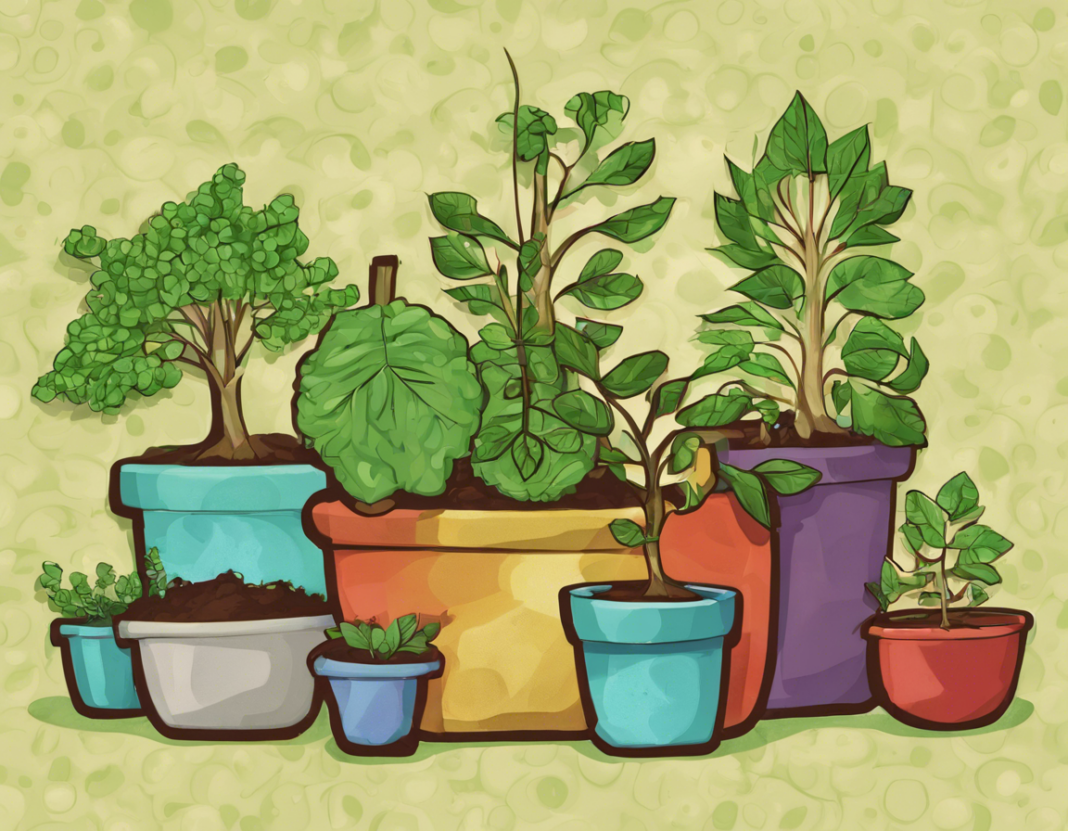Living in Stuart, Florida, provides a wealth of opportunities to indulge in the beauty of nature. With its warm climate and ample sunlight, Stuart is a haven for gardening enthusiasts. Whether you have a small backyard garden or a sprawling landscape, keeping your garden healthy is essential for vibrant, thriving plants. Here are some top tips to help you maintain a healthy garden in Stuart:
1. Proper Soil Preparation
One of the foundational aspects of a healthy garden is the soil. Before planting, it’s crucial to ensure that your soil is rich in nutrients and well-draining. Conduct a soil test to determine its pH level and nutrient content. Amend the soil with organic matter, such as compost, to improve its structure and fertility. In Stuart, where sandy soils are common, adding organic materials like compost and mulch can enhance water retention and nutrient levels.
2. Choose the Right Plants
Selecting plants that are well-suited to Stuart’s climate is key to a successful garden. Opt for native plants or those that are adapted to the region’s warm temperatures and high humidity. Native plants are more likely to thrive, require less water, and attract local wildlife. Additionally, consider the sunlight requirements of your plants and place them in locations that receive adequate light for their growth.
3. Water Wisely
In Stuart’s warm climate, proper watering is essential for plant health. Water your garden deeply but infrequently to encourage deep root growth and drought resistance. Consider installing a drip irrigation system to deliver water directly to the plant roots and minimize water wastage through evaporation. Be mindful of local watering restrictions and adjust your watering schedule based on seasonal needs.
4. Practice Mulching
Mulching is a simple yet effective technique for maintaining soil moisture, suppressing weeds, and moderating soil temperature. Apply a layer of organic mulch, such as wood chips or pine straw, around your plants to conserve moisture and improve soil health. In Stuart, where temperatures can soar in the summer, mulching helps protect plant roots from heat stress.
5. Regular Maintenance
Regular maintenance tasks, such as weeding, pruning, and pest control, are essential for a healthy garden. Remove weeds promptly to prevent competition for nutrients and water. Prune your plants to promote air circulation and shape their growth. Monitor your garden for signs of pests and diseases, and take appropriate measures to address any issues promptly.
6. Fertilize Thoughtfully
While nutrients are essential for plant growth, it’s important to fertilize your garden judiciously. Excessive fertilization can lead to nutrient imbalances and harm beneficial soil organisms. Use organic fertilizers or compost to provide a slow release of nutrients to your plants. Consider fertilizing based on soil test results to address any deficiencies accurately.
7. Attract Beneficial Insects
Encouraging beneficial insects, such as ladybugs and parasitic wasps, can help control pest populations naturally. Planting a diverse range of flowers, especially native species, can attract pollinators and predatory insects to your garden. Avoid using broad-spectrum pesticides that can harm beneficial insects along with pests.
8. Rotate Crops
If you have a vegetable garden, practicing crop rotation can help prevent soil-borne diseases and maintain soil fertility. Rotate your crops each season to limit the buildup of pathogens and balance nutrient demands. Consider planting legumes, such as beans or peas, to fix nitrogen in the soil and improve its fertility.
9. Monitor Environmental Conditions
Stay attuned to environmental conditions in Stuart, such as temperature fluctuations and storm events, that can impact your garden. Provide shade or protection for plants during heatwaves or severe weather. Be prepared to cover tender plants during unexpected cold snaps to prevent frost damage.
10. Embrace Sustainable Practices
Incorporating sustainable gardening practices not only benefits your garden but also the environment. Consider composting kitchen scraps and garden waste to reduce landfill waste and enrich your soil. Use rain barrels to collect rainwater for irrigation and reduce reliance on potable water sources. Minimize the use of synthetic chemicals and opt for natural solutions whenever possible.
By following these top tips for a healthy garden in Stuart, you can create a vibrant and thriving outdoor space that brings joy and beauty to your surroundings. Happy gardening!
Frequently Asked Questions (FAQs)
1. When is the best time to plant in Stuart, Florida?
In Stuart, the optimal time for planting is during the fall and spring seasons when the temperatures are milder, and the risk of extreme heat or cold is lower. This allows plants to establish themselves before the onset of harsh weather.
2. How often should I water my garden in Stuart?
The frequency of watering your garden in Stuart depends on various factors, including the plant species, soil type, and weather conditions. Generally, aim to water deeply but infrequently, ensuring that the soil is moist several inches below the surface.
3. What are some common pests and diseases in Stuart gardens?
Common pests in Stuart gardens include aphids, whiteflies, and caterpillars, while diseases like powdery mildew and root rot can affect plants. Monitoring your garden regularly, practicing good sanitation, and choosing disease-resistant plant varieties can help prevent infestations.
4. How can I improve the fertility of sandy soil in Stuart?
To enhance the fertility of sandy soil in Stuart, incorporate organic amendments like compost, manure, or peat moss. These materials improve soil structure, increase nutrient levels, and enhance water retention, making it more conducive for plant growth.
5. What are some drought-tolerant plants that thrive in Stuart’s climate?
Several drought-tolerant plants thrive in Stuart’s climate, including native species like beautyberry, coontie, and muhly grass. Succulents such as agave and aloe vera are also well-suited to the warm, dry conditions of the region. Consider incorporating these plants into your garden for a water-wise landscape.
